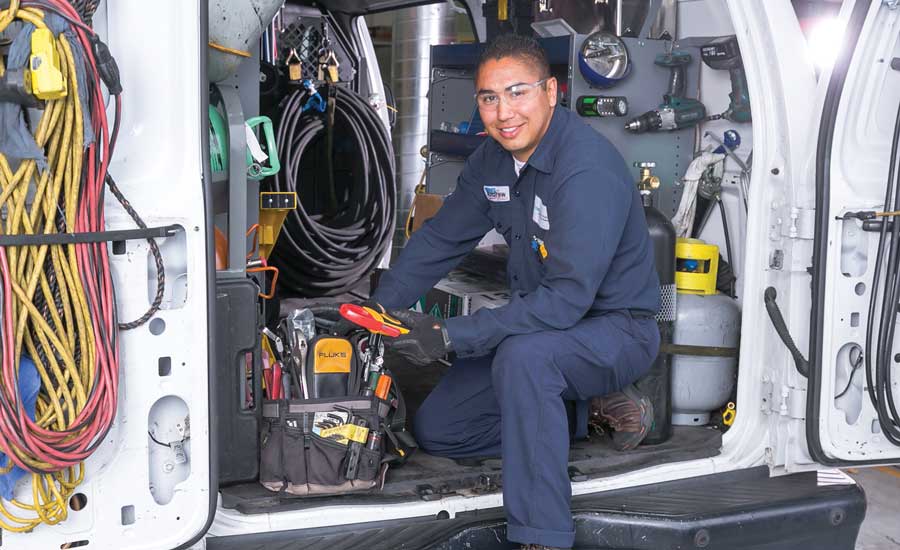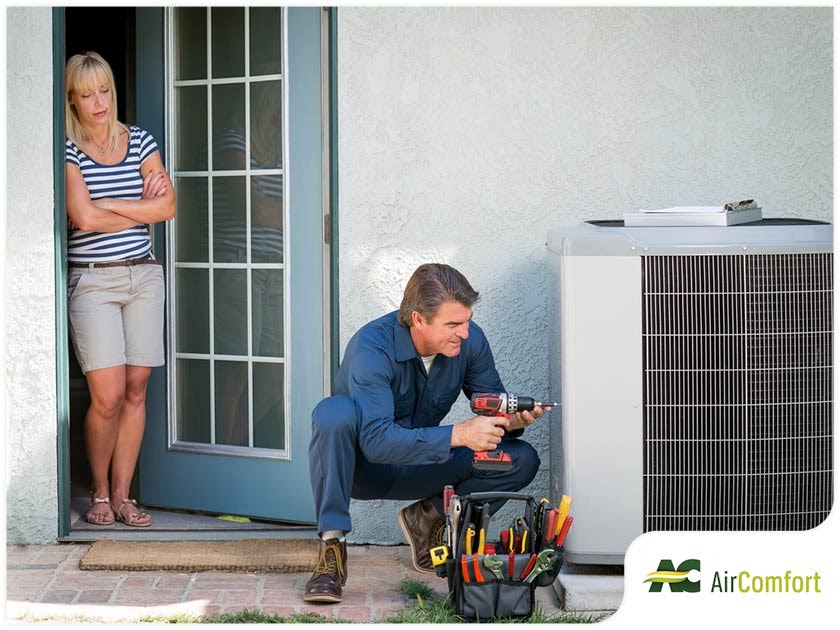HVAC Upgrades Canoga Park What does an HVAC Contractor Do?
Purchasing a Trane furnace requires cautious consideration of multiple cost aspects. Homeowners often focus primarily on the upfront price of the unit itself, but this approach can lead to miscalculations when budgeting for total heating bills. Evaluating the acquisition value, installation prices, ongoing maintenance, power efficiency, and potential repair expenses presents a more comprehensive view of total possession prices.
The preliminary funding in a Trane furnace usually varies based mostly on model and capacity. Different models supply various features, similar to advanced technology and vitality efficiency scores, which may influence the overall price. Higher-efficiency items might have a higher initial price ticket, however the long-term savings on energy payments can justify that upfront expenditure.
Installation performs a crucial position in the ultimate value. Professional installation could be a significant expense, and it's important to acquire quotes from qualified HVAC contractors. Factors influencing installation prices embrace the complexity of the job, the prevailing ductwork, and any required modifications. Be sure to ask for detailed estimates that cowl labor as properly as materials, as it will provide a clearer picture of the whole value concerned.
Maintenance prices should not be underestimated. Regular maintenance is essential for making certain a Trane furnace operates efficiently. Annual tune-ups may help keep warranty circumstances. While some homeowners could think about foregoing professional maintenance to economize, this can result in more important repairs and inefficiencies if problems are left unaddressed. Investing in routine servicing can finally save householders from costly breakdowns in the long term.
Smart HVAC Systems Canoga Park Heating and Cooling Repair Contractor
Energy prices symbolize another important component of total ownership bills. Trane furnaces come with numerous energy efficiency ratings, often denoted by the Annual Fuel Utilization Efficiency (AFUE) percentage. A larger AFUE indicates that a furnace converts a more good portion of fuel into heat, leading to decrease utility bills. Proactively evaluating vitality usage and considering upgrades that improve efficiency can considerably lower annual heating prices.

What elements influence the value of a Trane furnace installation?
Several factors impact the installation cost, together with the type and measurement of the furnace, further ductwork or modifications needed, native labor rates, and any necessary permits or inspections required by local laws.

Commercial HVAC Canoga Park Top 10 Best HVAC Contractor
Yes, many Trane dealers provide financing options, allowing prospects to pay for his or her furnaces in monthly installments. It's advisable to inquire about these options during your consultation and examine charges and terms.

Higher vitality efficiency ratings sometimes include a higher upfront value, however they'll result in vital savings on energy bills over time. Models with higher efficiency rankings often qualify for rebates, making them extra financially viable in the lengthy run.
What are the maintenance costs associated with Trane furnaces?
HVAC Troubleshooting Guide Canoga Park Top Rated HVAC Contractors
Annual maintenance for a Trane furnace generally ranges from $100 to $300. Regular maintenance helps guarantee optimum efficiency and might lengthen the furnace's lifespan, probably saving cash on repairs over time.
Are there warranties obtainable for Trane furnaces, and the way do they affect costs?
Trane presents warranties on their furnaces, typically masking elements for 5 to 10 years. Some fashions try this might embody prolonged warranties for an extra price. Warranties may help mitigate restore costs and provide peace of mind.
HVAC Financing Options Canoga Park Air Conditioning and Heating - HVAC Contractor
How do native climate situations have an result on the value of a Trane furnace?

HVAC Maintenance Canoga Park Find a Local Plumber or Licensed HVAC Contractor
What should I consider before buying a Trane furnace?
Consider factors such as your house measurement, particular heating needs, vitality efficiency scores, price range, and long-term costs. Consulting with a professional HVAC skilled might help you determine the most effective mannequin for your home.
Can I install a Trane furnace myself to save on costs?
While it may seem cost-effective to put in a furnace yourself, it is typically recommended to hire an expert. Heating Installation Canoga Park. Improper installation can lead to security risks, reduced efficiency, and dear repairs in a while.